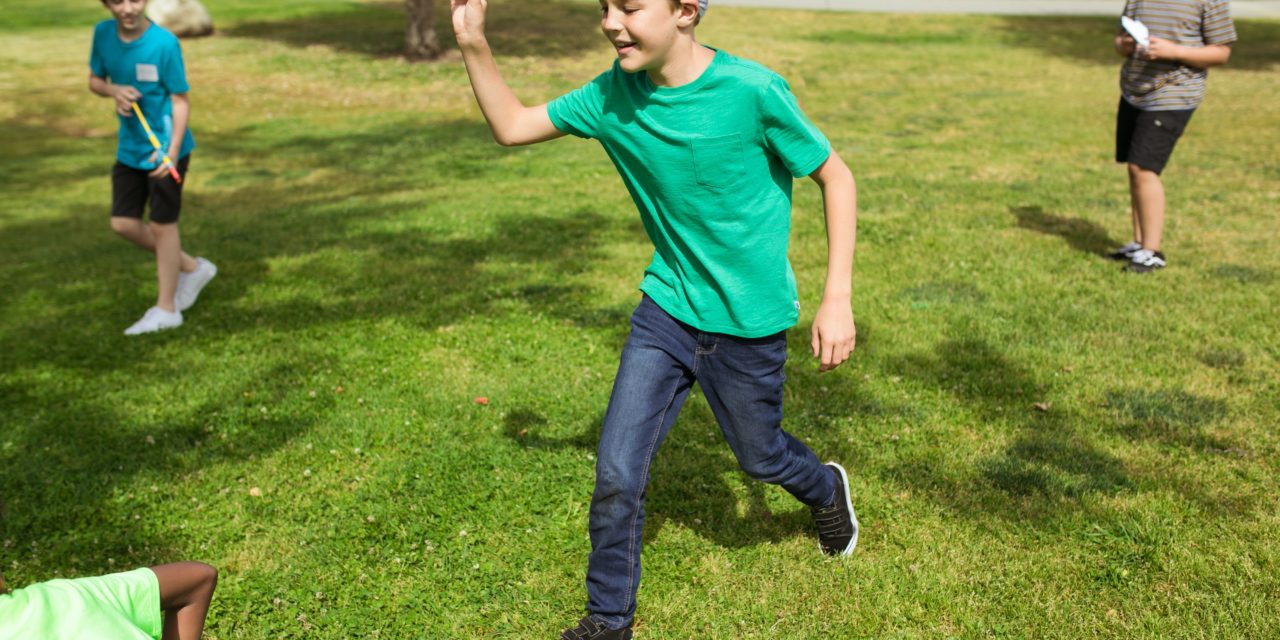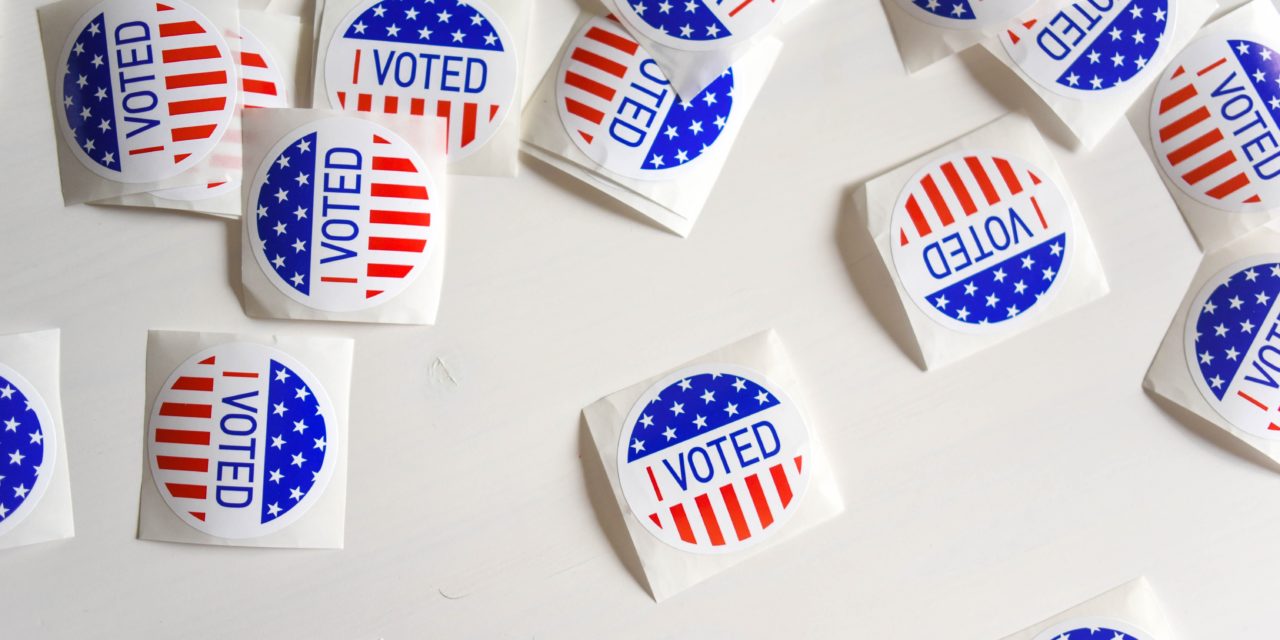



Summary of: Abrams, D., Lalot, F., Hogg, M.A. (2021). Intergroup and intragroup dimensions of COVID-19: A social identity perspective on social fragmentation and unity. Group Processes and Intergroup Relations, 24(2), 201-209. Background & Theory This article discusses how COVID-19 has impacted our identity, both in terms of self identity and group identity, and the resulting...

Summary of: Allport, G. W. (1954). The nature of prejudice. Addison-Wesley. Background & Theory Gordon Allport’s book, The Nature of Prejudice, became a well-known foundation for the study of prejudice and discrimination, as well as intergroup contact theory. The book is compiled of 31 chapters and discusses in detail what factors might influence prejudice, how...

Summary of: University of Oklahoma. Institute of Group Relations, & Sherif, M. (1961). Intergroup conflict and cooperation: The Robbers Cave experiment (Vol. 10, pp. 150-198). Norman, OK: University Book Exchange. Background & Theory: One of the most prominent studies on intergroup conflict is Muzafer Sherif’s Robbers Cave Experiment. Conducted in the 1950s, Sherif’s contribution to...

This week’s conflict resolution tip highlights the importance of focusing on the individual, instead of the group when you are in conflict. Think about a group that you disagree with, whether it be a political affiliation, sports team, or another group that you don’t align with to some degree. Now, imagine you are about to...

Summary of: Stewart, B. D., Gulzaib, F., & Morris, D. S. M. (2019). Bridging political divides: Perceived threat and uncertainty avoidance help explain the relationship between political ideology and immigrant attitudes within diverse intergroup contexts. Frontiers in Psychology, 10(1236), 1-18. doi: 10.3389/fpsyg.2019.01236 Background & Theory This article explores the divide in politics, specifically between liberals...

Summary of: Maribondo Albuquerque, I., Rosas Torres, A. R., Álvaro Estramiana, J. L., & Garrido Luque, A. (2019). Influence of group membership, moral values and belief in a just world in blaming the victim. Trends in Psychology, 27(4). https://www.scielo.br/j/tpsy/a/GrFS5nsFcRVt7Gz58C5kGcF/?format=pdf&lang=en Background & Theory The authors summarize their research in their 2019 article to highlight the connections between...

Summary of: Azam, A., & Rehman, S. (2018). Assessing human needs theory: An approach to conflict resolution. The Nucleus, 55(3), 128-132. Retrieved from http://thenucleuspak.org.pk/index.php/Nucleus/article/view/404. Background & Theory This article explores the concept that while John Burton’s Human Needs Theory has laid the groundwork for understanding conflict causes, it is not all-encompassing. Additionally, while identifying causes...

Summary of: Gaither, S. E., Fan, S. P., & Kinzler, K. D. (2019). Thinking about multiple identities boosts children’s flexible thinking. Developmental Science, Volume 23(1), 1-11. https://onlinelibrary.wiley.com/doi/10.1111/desc.12871 Background & Theory The authors of this article explore how children who have an awareness of and are encouraged to think on their multiple identities, often have more...

Summary of: Schweiger, S., Konlechner, S. W., & Guttel, W. H. (2019). How cooperation reinforces conflict over time: The role of simplified images and disidentification. Project Management Journal, Volume 00(0), 1-15. DOI: 10.1177/8756972819891281 journals.sagepub.com/home/pmx Background & Theory The authors research how project management groups interact with one another, and how losing the delicate balance between cooperation...